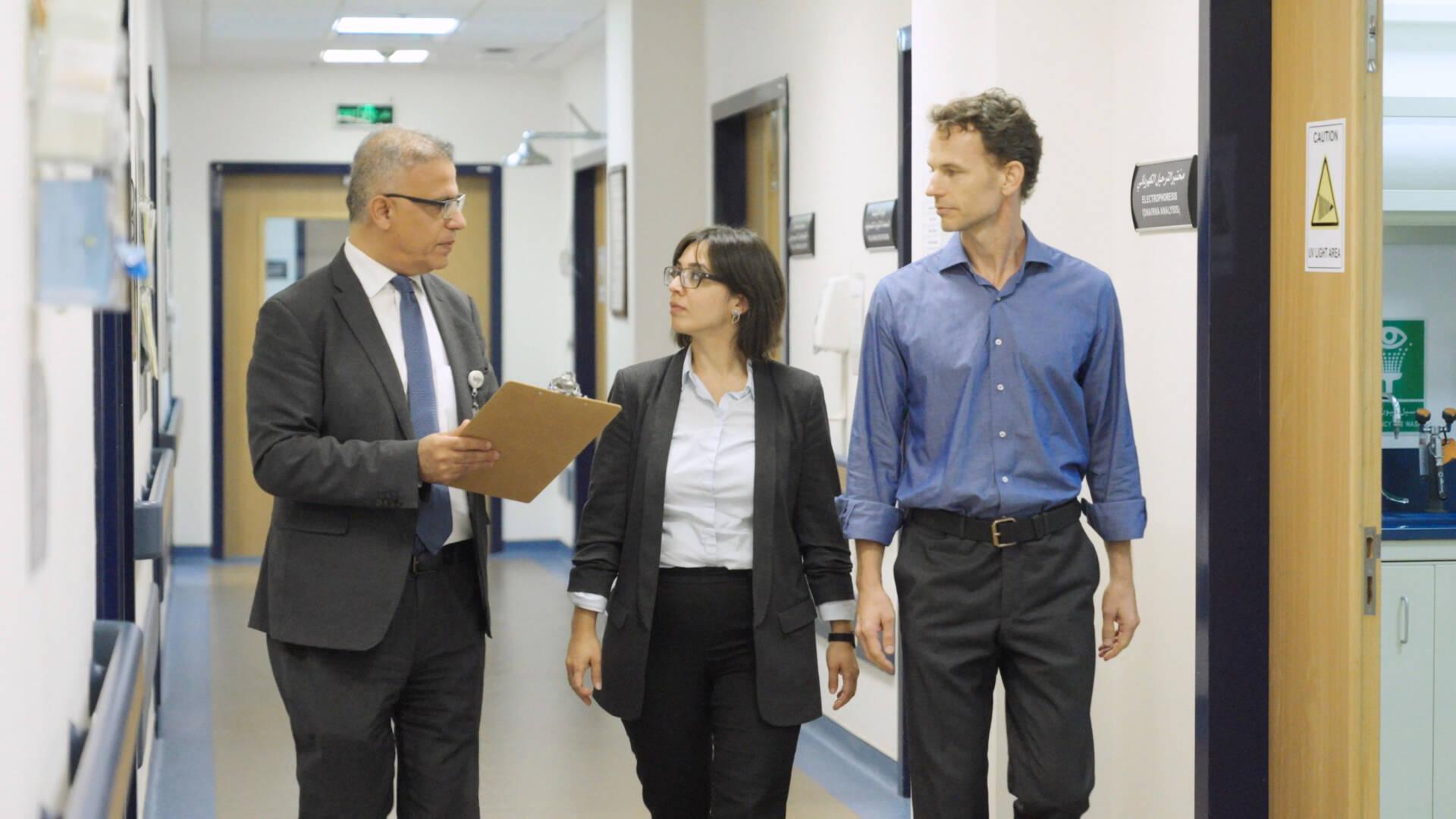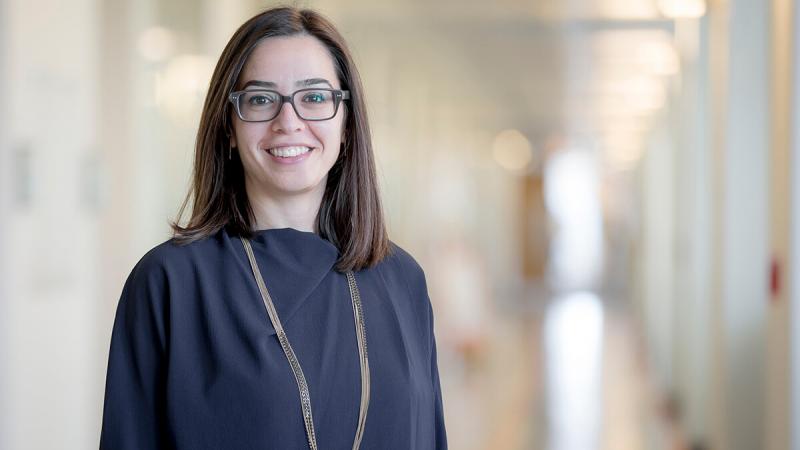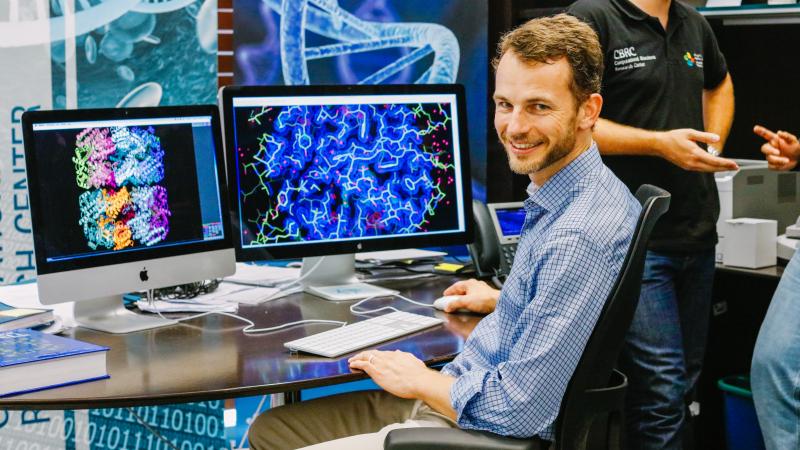Profs. Sahika Inal and Stefan Arold were recently featured in Saudi Gazette, the Kingdom's leading English publication. The article highlights the collaboration between bioengineer Sahika Inal and her team at King Abdullah University of Science and Technology (KAUST) and clinicians at the King Faisal Specialist Hospital and Research Centre (KFSH&RC) in Saudi Arabia. The partnership aims to develop bioelectronic sensors that aid in the cheap, accurate, and rapid detection of pathogens.
Inal emphasizes the significance of spending time with clinicians to completely understand their needs. The team's objective is to make these sensors available to physicians so that they may collect data and identify ailments more quickly, with the intention of assisting healthcare professionals in low-income nations and areas with limited access to healthcare services. During the pandemic, Prof’s Sahika Inal and Stefan Arold collaborated to develop electronic chips that can detect the presence of COVID-19 from saliva samples, with results in just 15 minutes. This technology was validated by experts at Saudi Arabian hospitals, enabling the team to expand the potential of the bioelectronic sensors.
KFSH&RC researcher Ashraf Dada praised the KAUST researcher’s diagnostic technique for its uniqueness, sensitivity, and accuracy. He expects that this study will revolutionize pathogen diagnoses and alter the landscape of diagnostic tools in the field of infectious illnesses, better preparing the world for future pandemics.
To read the published Saudi Gazette article, please click here.
To read the KAUST news article, please click here.
To view the KAUST Insights story on National Priorities: Early Pathogen Detection, click here


